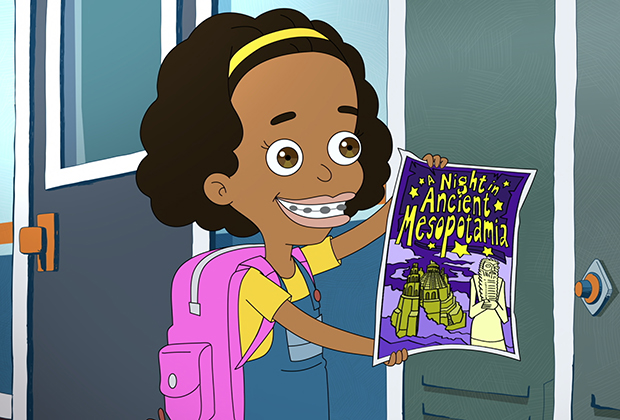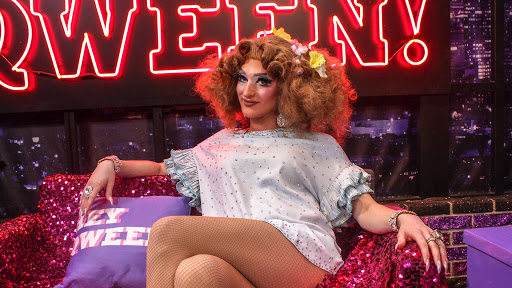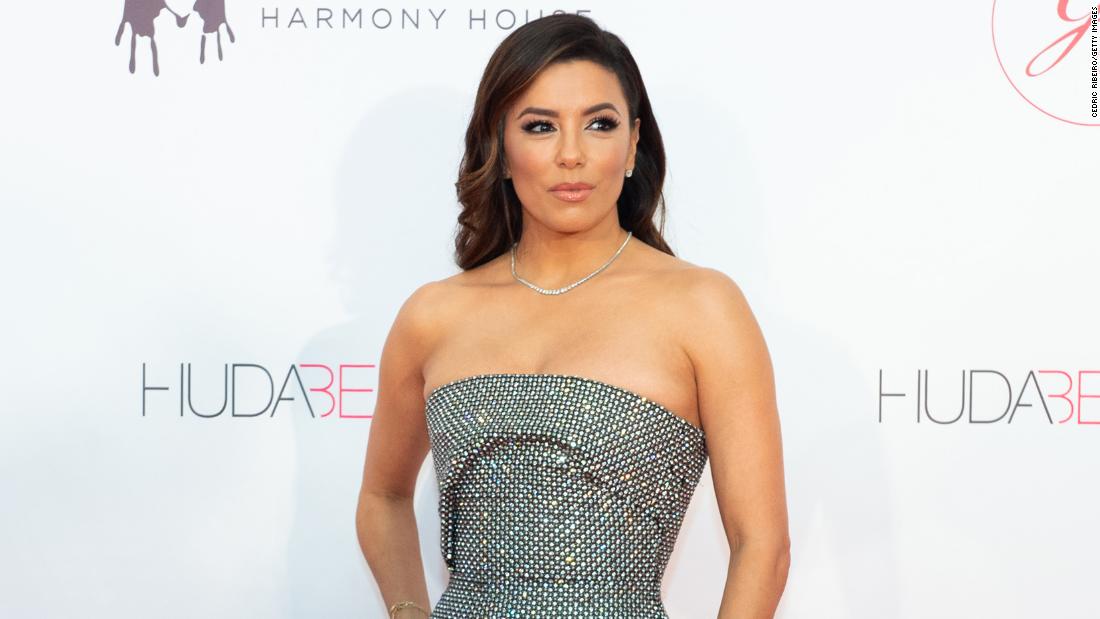On Wednesday, actress and comedian Jenny Slate posted on Instagram that she would no longer be voicing Missy, a Black girl on the animated Netflix show Big Mouth.
Slate said in her statement that she was no longer comfortable playing the character, and that “black characters on an animated show should be voiced by black people.”
The same day, Josh Gad, co-creator of the new animated show Central Park, released a statement saying that actress Kristen Bell would no longer voice Molly, a mixed-race character on the show. The role will be re-cast, and Bell would remain on the show as a different character.
These decisions sparked discussion online about who gets to voice whom in film and television. Many people on social media thought that the decision to have Jenny Slate and Kristen Bell give up these roles was unnecessary. It is not uncommon for an actor to voice someone who isn’t of their gender or race. One popular example is the Black actor James Earl Jones, who voiced Darth Vader, a white character. However, making these comparisons ultimately misses the point as to why Jenny Slate and Kristen Bell decided to step away from their roles .
Whether its live-action or voice-over work, it’s no secret that booking gigs in Hollywood is difficult for people of color. Black actors will often voice white characters due to the lack of Black characters on screen. Even when black actors do receive the rare opportunity to voice a character, systemic racism within Hollywood prevents them from receiving the proper credit.
While James Earl Jones’ role as the voice of Darth Vader is now iconic, he was not credited for the part until the third movie in the Star Wars franchise, Return of the Jedi. When a Black character does appear in a movie or TV show, having a white actor voice them takes a job away from a Black actor whose potential roles on screen are already limited. It contributes to the lack of representation and history of racism within Hollywood. Jenny Slate justified playing Missy on Big Mouth because Missy’s mother was white and Jewish like her, but has since realized that her reasoning was a product of her privilege.
“It existed as an example of white privilege and unjust allowances made within a system of societal white supremacy and that in me playing ‘Missy,’” she said. “I was engaging in an act of erasure of Black people.”
Missy, right, has always been voiced by the white Jenny Slate.
The decision for these two actresses to exit their roles was ultimately the correct one, as this created opportunities for Black women to voice those characters and bring their own personal experiences to the role. Both Jenny Slate and Josh Gad mentioned that having white actresses voice Black people contributes to the erasure of Black voices and that they regretted their initial decisions. Their actions suggest a growing awareness within Hollywood, where actors, executives and studios are learning that there are numerous ways to either hinder or help Black talent in entertainment. Josh Gad pledged that he and the people behind Central Park would do better.
“We’re committed to creating opportunities for people of color and Black people in all roles, on all our projects,” he said. “Behind the mic in the writers’ room in production, and in post-production. Animation will be stronger for having as many voices, experiences and perspectives as we can possibly bring in the industry.”







